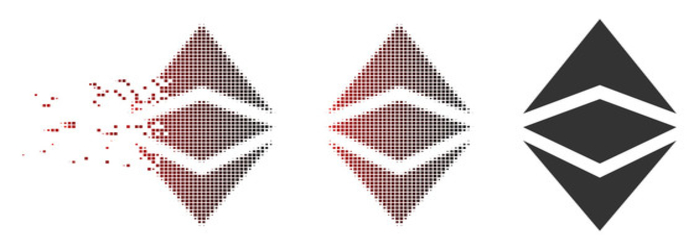Specialists from the University of Queensland, Beijing University of Posts and Telecommunications, Zhejiang University, and Peking University have distributed a paper that depicts a weakness held by more than 7,000 Ethereum-based tokens.
Basically, the tokens made have confirmation techniques that are disappointing to ERC20 contracts delivered after 2017. The weakness permits the token’s codebase to be controlled and programmers can without much of a stretch take a huge number of dollars by executing the “phony store weakness.”
What is more awful is that there are in excess of 25 million keen agreements assembled utilizing the Ethereum organize and the analysts state just “0.36% of them have delivered their source code as indicated by our dataset.”
In addition, the paper examines that the tokens are defenseless on both decentralized trades (dex) and unified trades (cex) in light of the fact that they permit these coins to be traded “without extensive confirmation.”

The group of specialists utilized an apparatus called “Deposafe,” which permits the testing of countless ETH-based brilliant agreements.
“In this work, we have systematically characterized the fake deposit vulnerability in Ethereum. Deposafe, an automated tool is proposed to perform the detection and verification of the vulnerability,” the paper states.
“We demonstrate the efficiency of Deposafe with experiments on a large number of smart contracts. Our observations reveal the prevalence of fake deposit vulnerability in the ERC20 smart contracts,” the university’s scholars wrote.
“The number of holders and transactions would be 695K and 4.6 million respectively,” the paper stresses.

